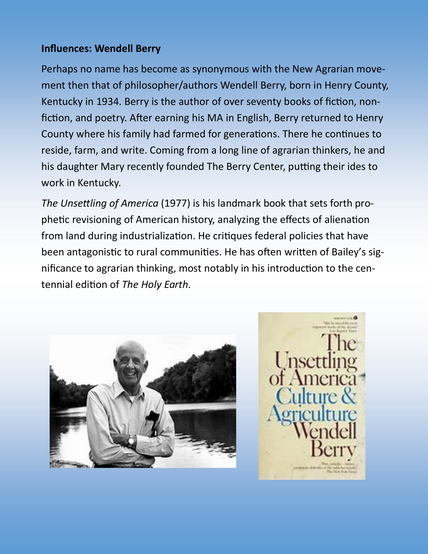Why Bailey Now? A Social Answer
- Dec 29, 2021
- 2 min read

The perseverance of The Holy Earth speaks continually to the conviction of many individuals through history who have found the book both life-affirming and instructive. Whether the individual in question happened to be a pivotal figure in American conservation history, like Aldo Leopold, or one of the unsung heroes of the books popularity, like John Reisner who brought the work back into print when it was threatened with obscurity, or in the editors of or advocates for any of the several reprints that have appeared over the past three and a half decades, Bailey’s slim “budget of opinions”, continues to tell its story across time.
The book is a vision of peace in wartime, a siren song from the heart, a remembrance of a simplistic childhood without means but of purpose, a plea for conservation, and one individuals attempt to articulate the truths of his soul when at a same time giving voice to our voiceless nonhuman kin. In Bailey’s famously clearheaded and precise prose, it provides promise not of things otherworldly, but of a future earth that will be what we make of it. He takes his readers along with his vision of the future that must be better than now. He gives us the tools to imagine that future.
Bailey could not have foreseen the extent to which the "devastion" of the earth by humans that he described in his life would continue and worsen over the following century. He could not have forseeen global climate chaos and the resultant acidifying of the ocean, the massive decrease of farming, losses of soil fertility, and the toxic blasting and fracturing of the earth’s crust for the sake of obtaining carbon energy. In Bailey’s words, we have advanced the “skinning of the earth” to a new degree.
But this was not the prophecy Bailey needed to tell, He saw, and continuted to write about, the horrors of the "Great War". He knew that change would come slowly. Of the hope expressed in "The Holy Earth", Wendell Berry writes that "Legitimate human hope could not be better stated". We know our failings more and more. What we need is a vision of the promised land, the home that we must strive for. And this is the vision Bailey extends to us all, should we accept it.
















Comments